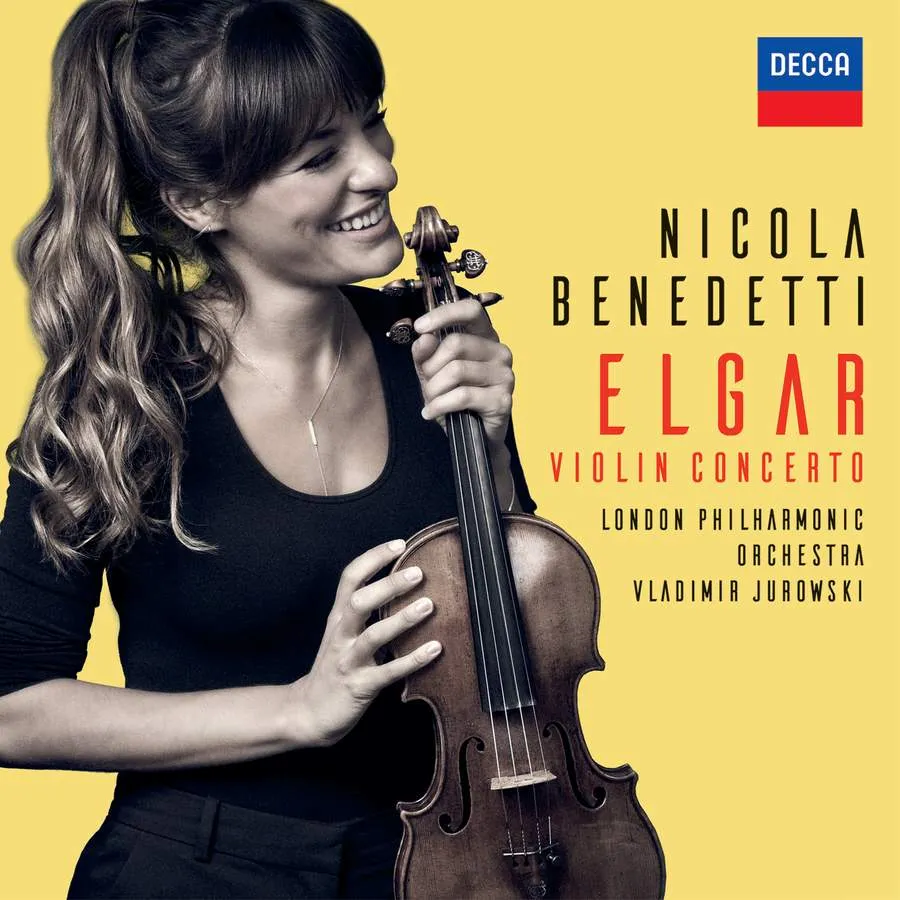
Elgar Violin Concerto in B minor, Op. 61*; Sospiri, Op. 70; Salut d'amour, Op. 12; Chanson de Nuit, Op. 15 No. 1 Nicola Benedetti (violin), Petr Limonov (piano); *London Philharmonic Orchestra/Vladimir Jurowski Decca 485 0949 58:05 mins
Elgar’s Violin Concerto has a reputation as one of his most openly yet intimately expressive works. Nicola Benedetti and Vladimir Jurowski present a different interpretation: through most of its course, until the inescapably private musings of the finale’s accompanied cadenza, this is very much a public statement in the form of a mainstream Romantic Concerto. This reading is quite different from the fleeting, quasi-improvisatory qualities found by other performers such as Nigel Kennedy (most persuasively in partnership with Simon Rattle on Warner). Significantly, Jurowski gives the very opening motif – usually played as if caught in mid-flow – the portentous weight of a discrete statement, as if to underline its credentials as a symphonic-style motto theme.
This is all fine as far as it goes, and the London Philharmonic Orchestra gives as deft and polished a performance as one expects under Jurowski’s direction. But for Elgar, structural mastery was not an end in itself but served an expressive purpose. Such expressiveness is not altogether denied here but, it seems to me, is rather generalised rather than allowed to make its specific and sentient points.
Benedetti is joined by pianist Petr Limonov for the salon pieces which make up the rest of this disc. It’s a pity that with ‘Sospiri’ they appear so in thrall to the special magic of the celebrated strings and harp version that they attempt – with predictably disappointing results – to replicate that version’s rapt quality, rather than showcase its song-like lyricism as they do successfully with the other two pieces.
Daniel Jaffé